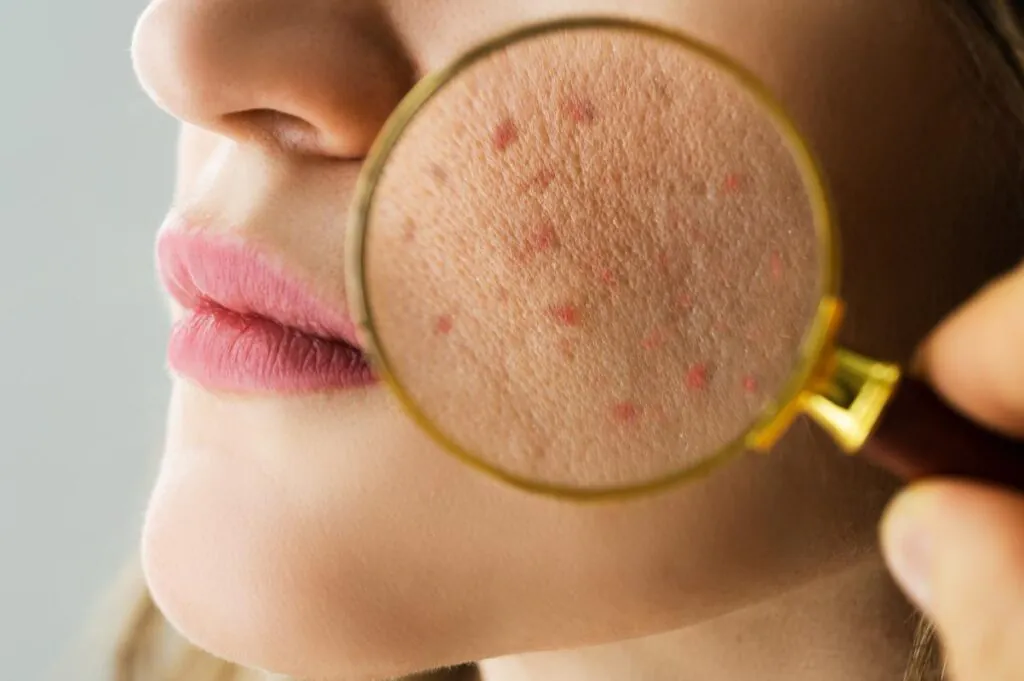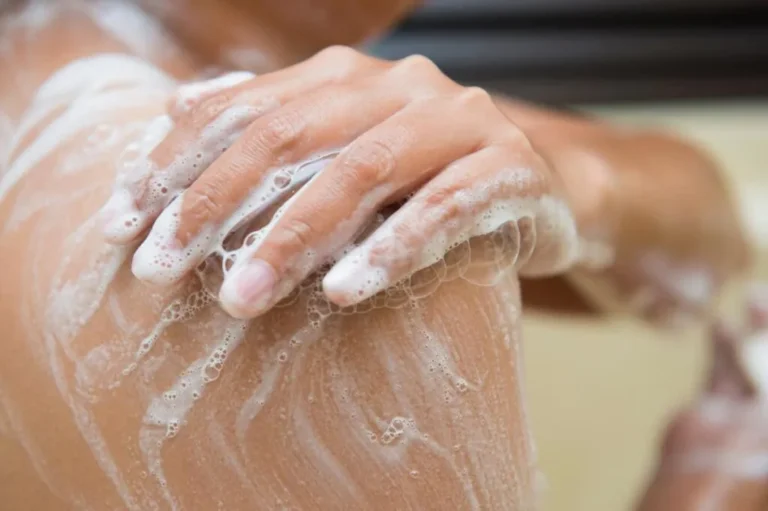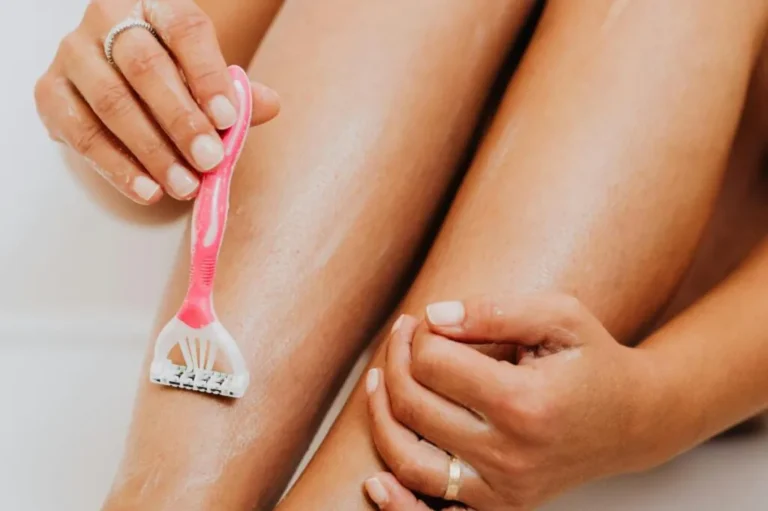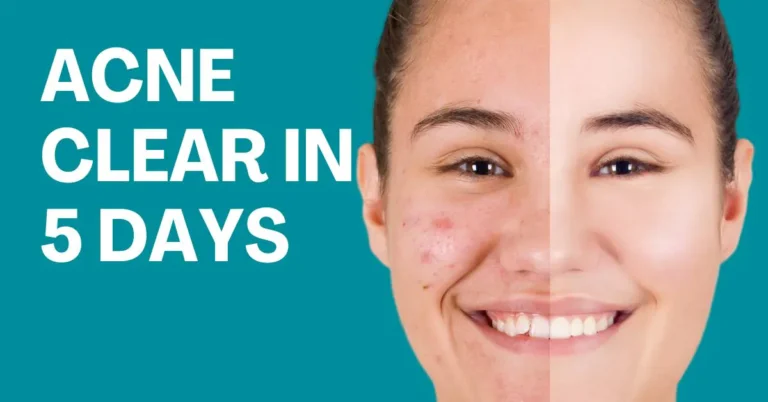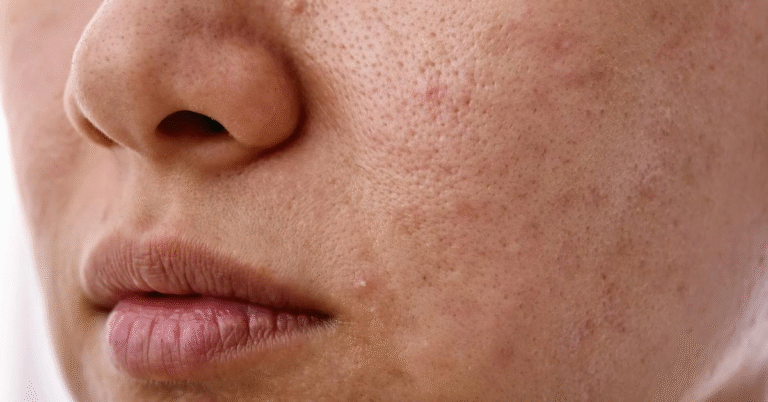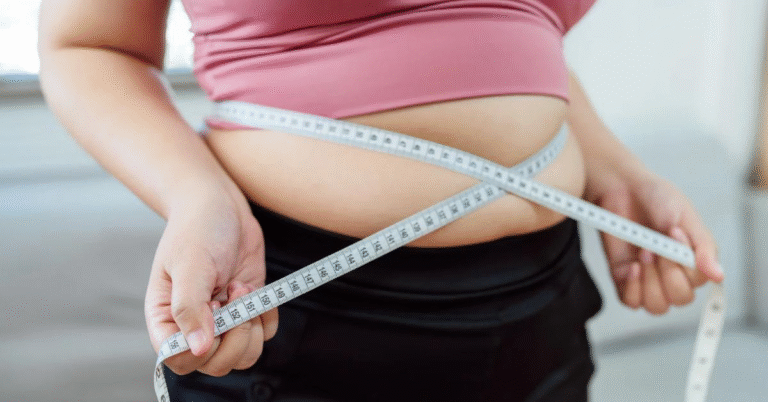The Truth Behind Clear Skin – Why Water Isn’t Curing Your Acne
You’ve made the commitment to drink three liters of water daily in the hope that it will improve your skin, but unfortunately, the breakouts persist. Isn’t that frustrating? While drinking water is a healthy habit that promotes overall skin function, it doesn’t magically cure acne. This post aims to shed light on why you might still be experiencing breakouts despite your water intake, identify potential causes, and provide actionable steps to achieve clearer skin.
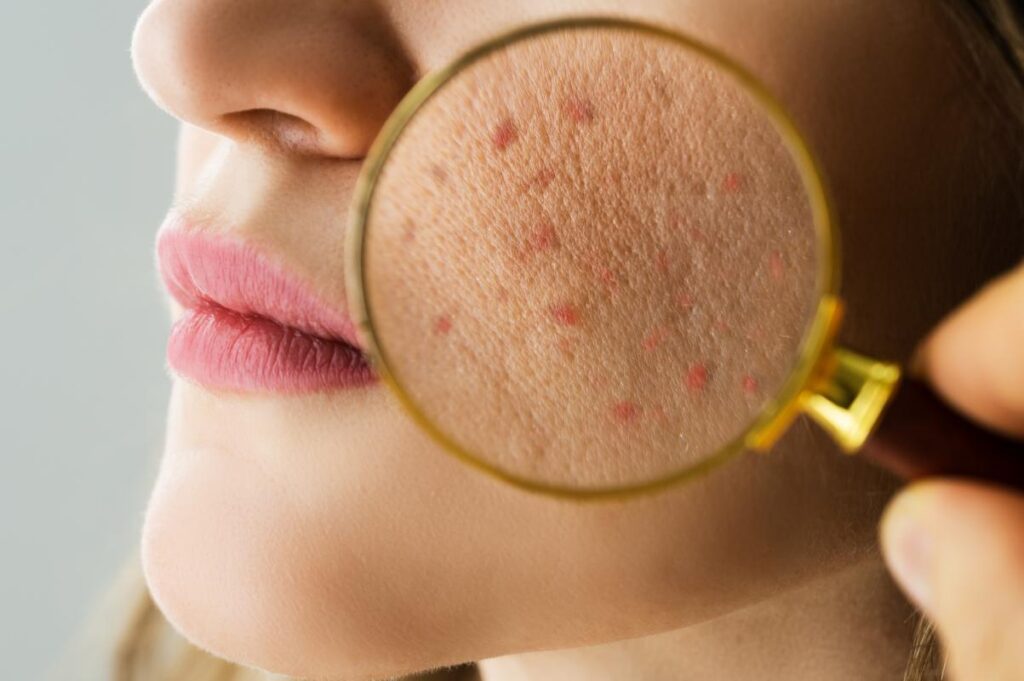
Does Drinking Water Help Clear Acne?
The Benefits of Hydration for Skin Health
Let’s begin with the positive news: drinking enough water can significantly benefit your skin. It promotes cell turnover, aids in toxin removal, and keeps your skin hydrated and plump. A study published in Clinical, Cosmetic, and Investigational Dermatology indicates that increased water intake may eventually enhance skin hydration and elasticity. However, it’s important to note that acne cannot be cured solely through hydration. Acne is a complex skin condition influenced by various factors beyond water intake.
Why You Still Have Acne (Even with Proper Hydration)
1. Hormones Might Be to Blame
Hormonal imbalances, particularly in women, are one of the primary causes of acne. Regardless of hydration levels, increases in androgen levels, such as testosterone, can lead to breakouts, clog pores, and increase sebum production.
Common hormonal acne triggers:
- Menstrual cycles
- Polycystic Ovary Syndrome (PCOS)
- Birth control changes
- Stress
If your acne is concentrated around the jawline or chin, it could be due to hormonal imbalances. In such cases, seeking advice from a dermatologist or endocrinologist might be beneficial.
2. Your Diet Could Be Contributing
While water aids in detoxification, your diet still significantly impacts your skin’s health. Certain foods can exacerbate acne by increasing oil production, causing inflammation, or elevating blood sugar levels.
Acne-triggering foods to watch out for:
- High-glycemic carbs (white bread, sugary snacks)
- Dairy, especially skim milk
- Fast food and greasy fried items
- Excess sugar and processed snacks
Try keeping a food journal to identify any personal dietary triggers. You might be surprised by what’s causing your flare-ups.
3. You’re Using the Wrong Skincare Products
Even with adequate hydration, using comedogenic (pore-clogging) or harsh skincare products can still cause breakouts.
Skincare mistakes to avoid:
- Overwashing your face (this strips natural oils and causes rebound oil production)
- Using alcohol-heavy toners or astringents
- Skipping moisturizer (yes, even oily skin needs hydration!)
- Not cleansing after workouts or wearing makeup to bed
Look for non-comedogenic, gentle formulas that suit your skin type. If in doubt, check resources like the CosDNA ingredient analyzer to see if your products contain pore-clogging ingredients.
4. Stress Is Fueling Your Breakouts
Stress triggers the release of the hormone cortisol, which can lead to inflammation and increased oil production, two primary causes of acne. Even if you drink plenty of water, chronic stress can still damage your skin.
Quick ways to reduce stress:
- Deep breathing or meditation
- Journaling or spending time in nature
- Regular exercise
- Establishing a solid sleep routine
The mind-skin connection is real. Prioritizing mental health can do wonders for your complexion.
5. You’re Not Exfoliating (or You’re Overdoing It)
Dead skin cells can clog pores and cause acne. Hydration won’t prevent this buildup you need exfoliation to slough off those dead cells.
Use chemical exfoliants like:
- Salicylic acid (great for oily/acne-prone skin)
- Glycolic acid (helps with texture and clogged pores)
But be careful: exfoliating too often can irritate the skin and make acne worse. Stick to 2–3 times a week, max.
What Actually Works for Clearer Skin
A Holistic Acne-Fighting Routine
Drinking 3L of water is a solid start but let’s build on that:
- Clean, gentle skincare routine (AM & PM)
- Balanced diet with low sugar and low dairy
- Manage stress and get 7–9 hours of sleep
- Consider supplements like zinc, omega-3s, or probiotics
- Consult a dermatologist for persistent or cystic acne
According to the American Academy of Dermatology, combining proper skincare with medical treatment often leads to the best acne outcomes.
Conclusion:
It’s a good habit to drink three liters of water every day, but if your acne persists, you need to look beyond your water bottle. The health of your skin is greatly influenced by factors such as stress, hormones, diet, and skincare choices. You can finally make the transition to clearer, healthier skin, water and all, by figuring out the true causes of your breakouts and treating them holistically.
